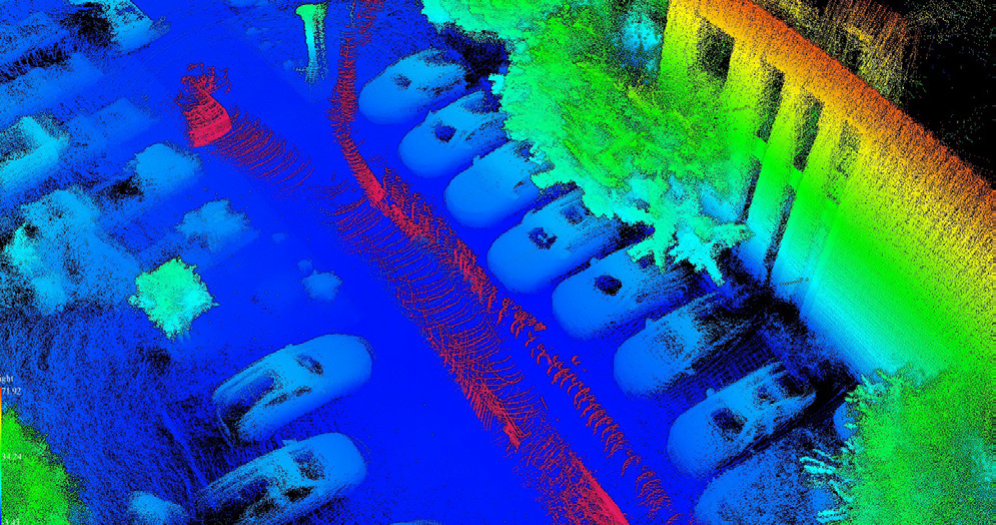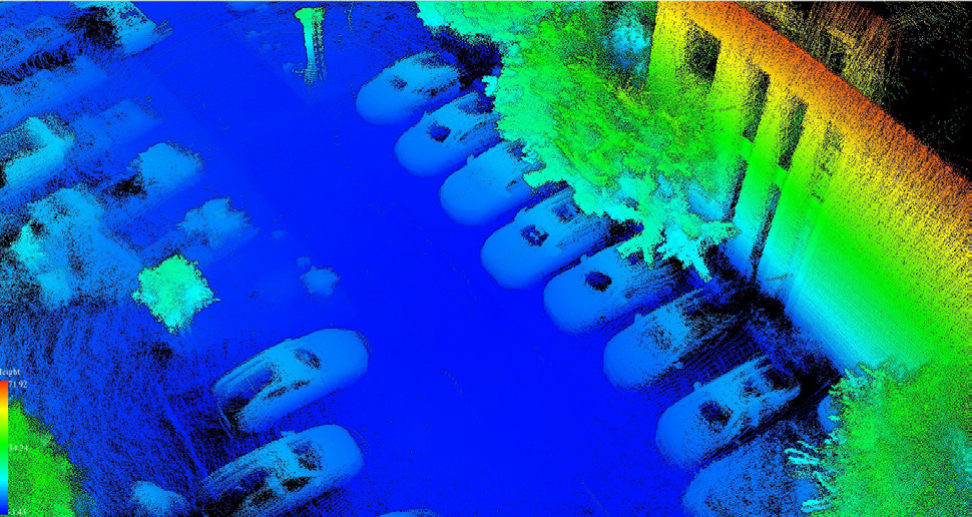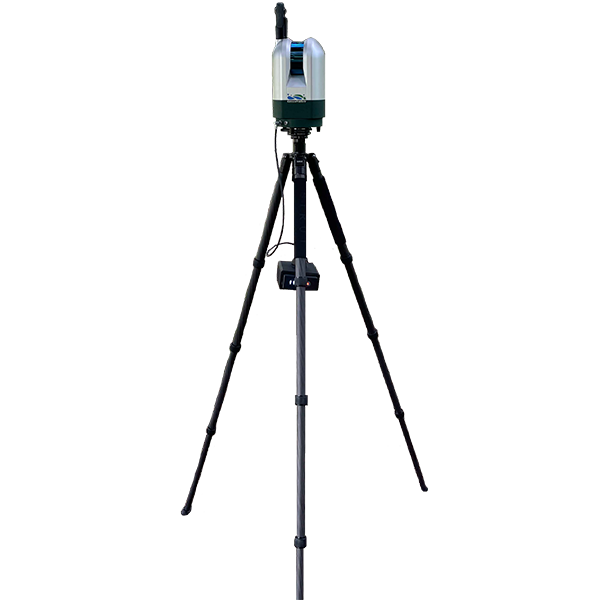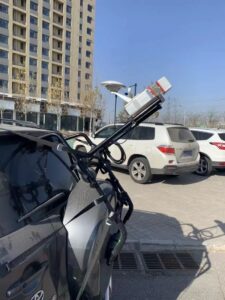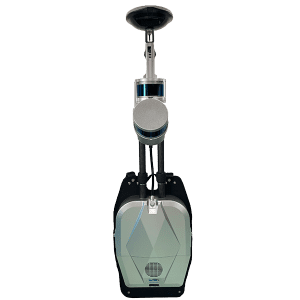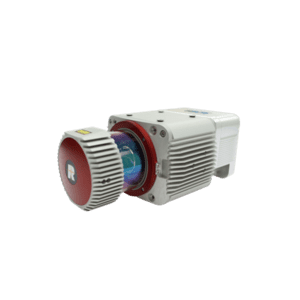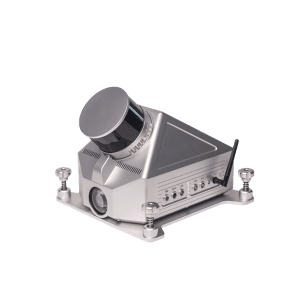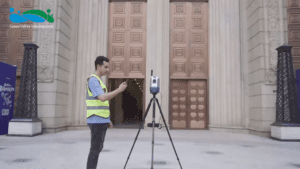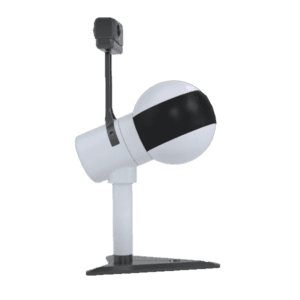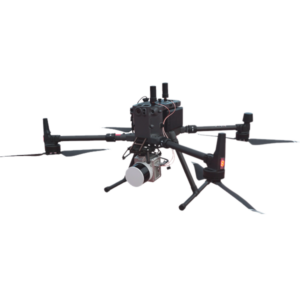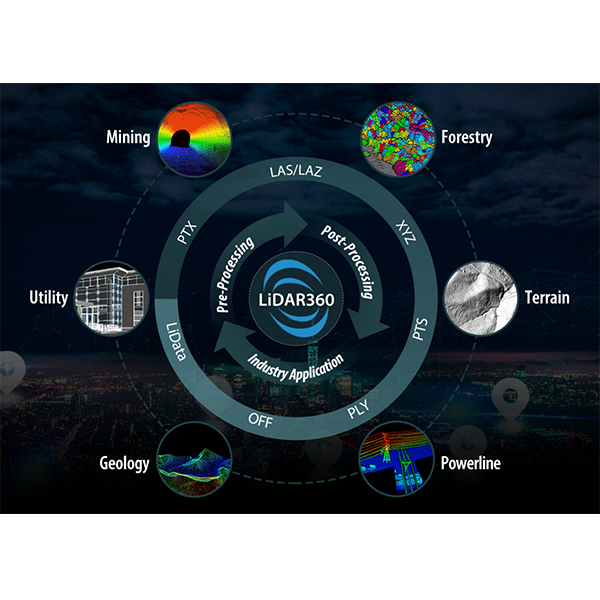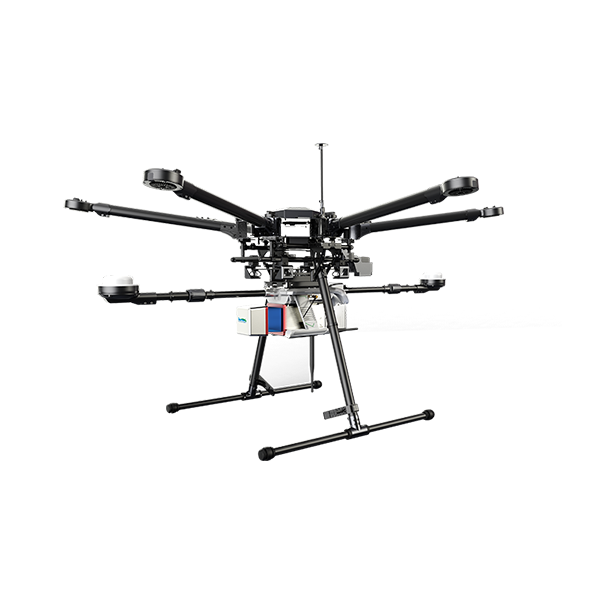SLAM LiDAR Scanner | 3D SLAM Laser Scanners
3D SLAM laser scanning technology is a sophisticated mapping approach that use lidar sensor technology to generate highly accurate and detailed 3D maps of the surroundings. This technique has transformed the field of high-precision mapping, delivering vital data for a variety of applications such as autonomous vehicles, robots, and automated surveying.
One of the most significant benefits of 3D SLAM laser scanning technology is its capacity to generate very precise and detailed maps of the surroundings. This system can record millions of data points per second utilising lidar sensor technology, delivering accurate assessments of topographical features, buildings, and other vital environmental aspects. This information can be utilised to improve a variety of applications, such as urban planning, civil engineering, and natural resource management.
Another significant advantage is the 3D imaging system using 3D SLAM laser scanning technology. This technology delivers essential information for a wide range of applications, from building design and construction to the planning and execution of large infrastructure projects, by providing extremely comprehensive and precise 3D maps. This technology is also highly adaptable, allowing customers to tailor the mapping process to their unique needs and specifications.
Another key application of 3D SLAM laser scanning technology is automated surveying. This technology can considerably reduce the time and cost involved with traditional surveying methods by automating the mapping process. This is especially important for large-scale projects when precise and efficient mapping is critical to project success.
Finally, 3D SLAM laser scanning technology is an effective tool for high-precision mapping. Its ability to generate highly exact and detailed 3D maps of the environment is critical for a variety of applications including as urban planning, civil engineering, and natural resource management. We should expect ever more advanced and novel solutions for high-precision mapping and automated surveying technology as technology advances.
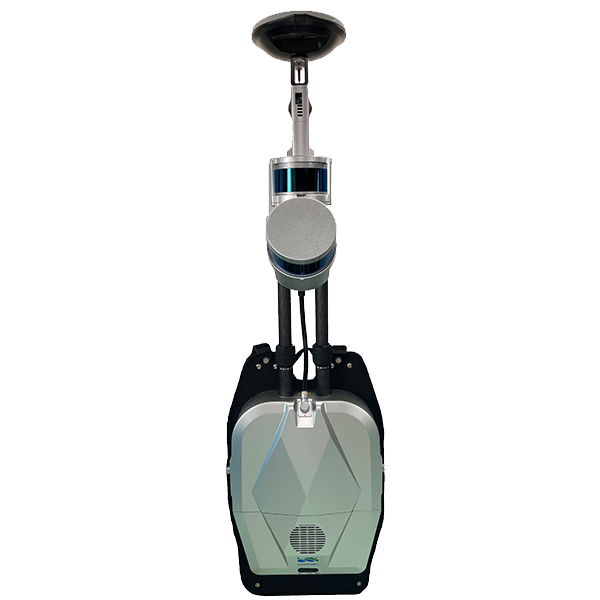
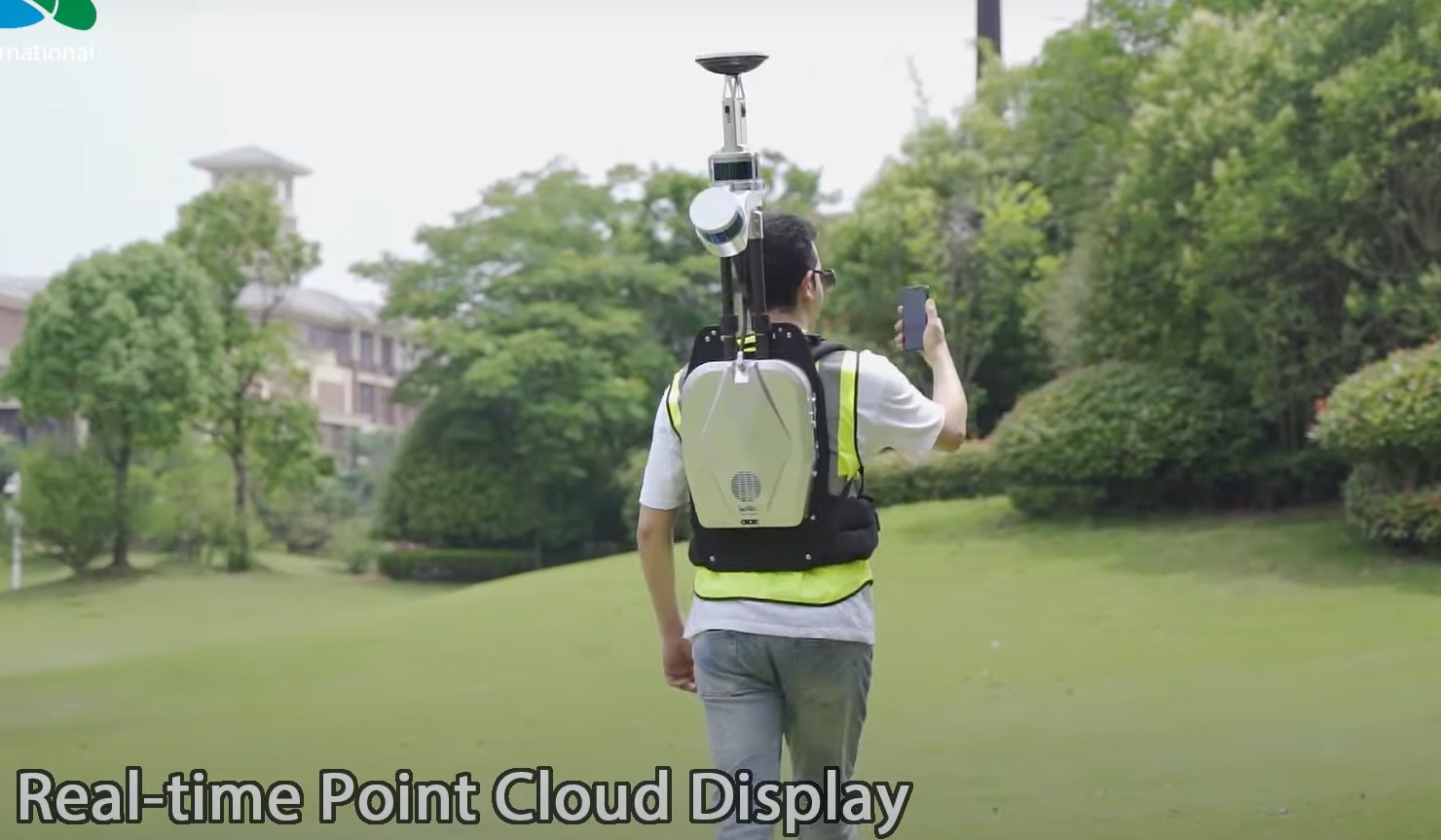
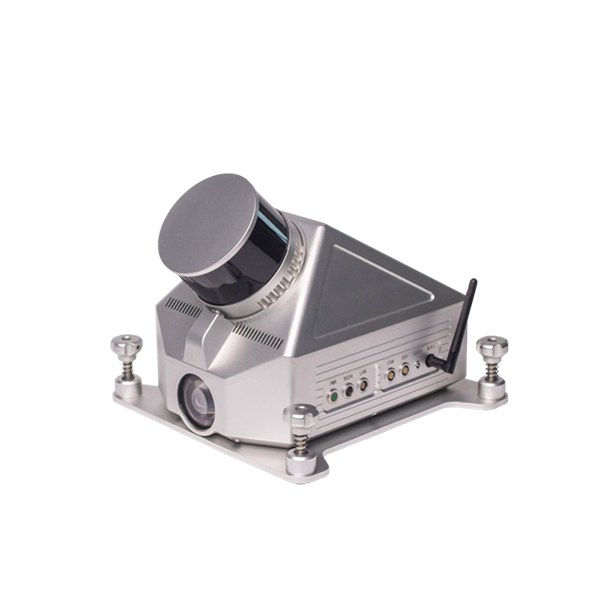
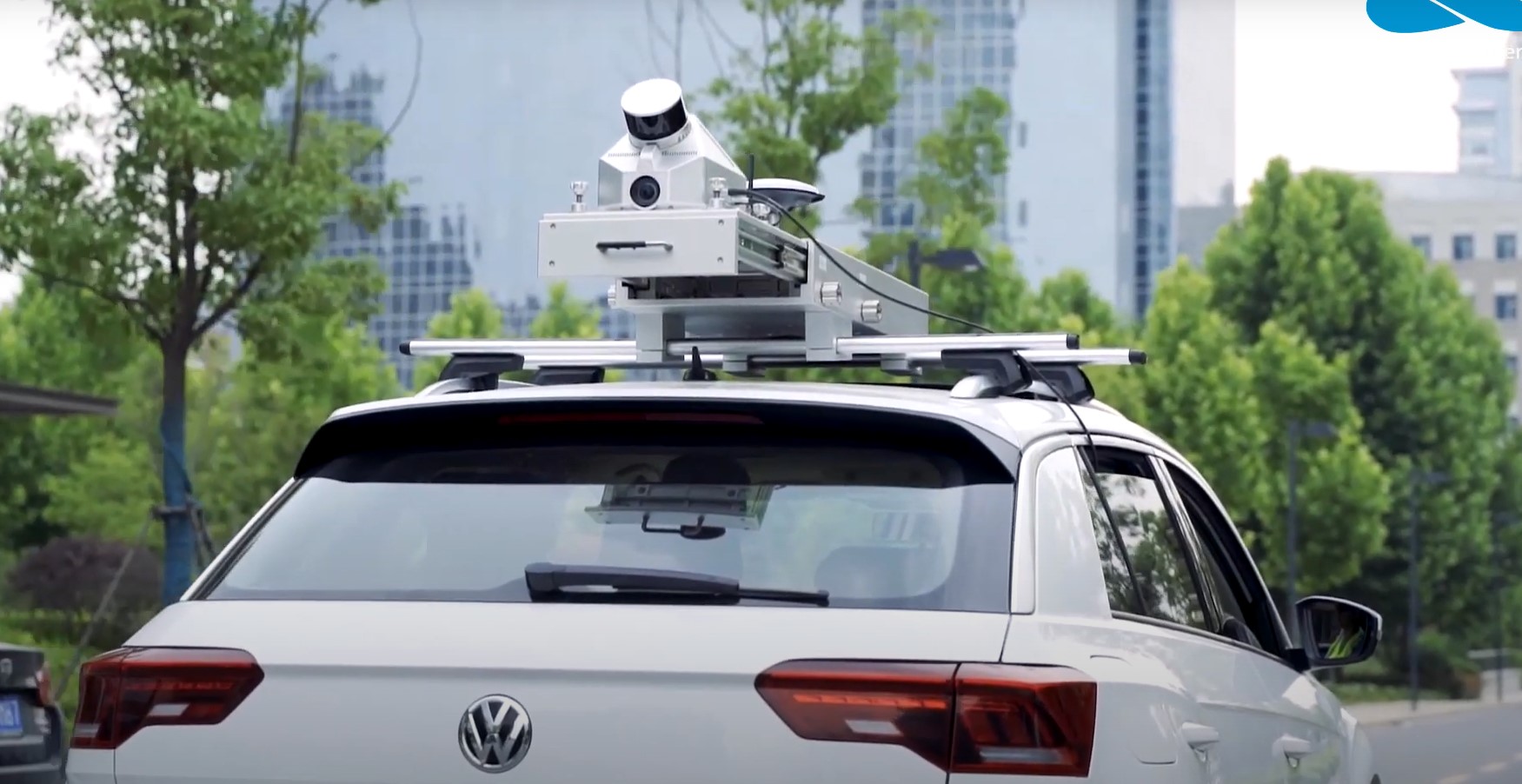
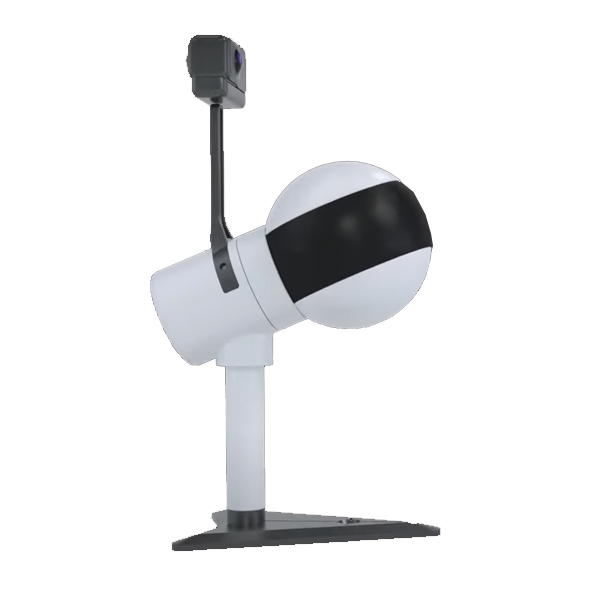
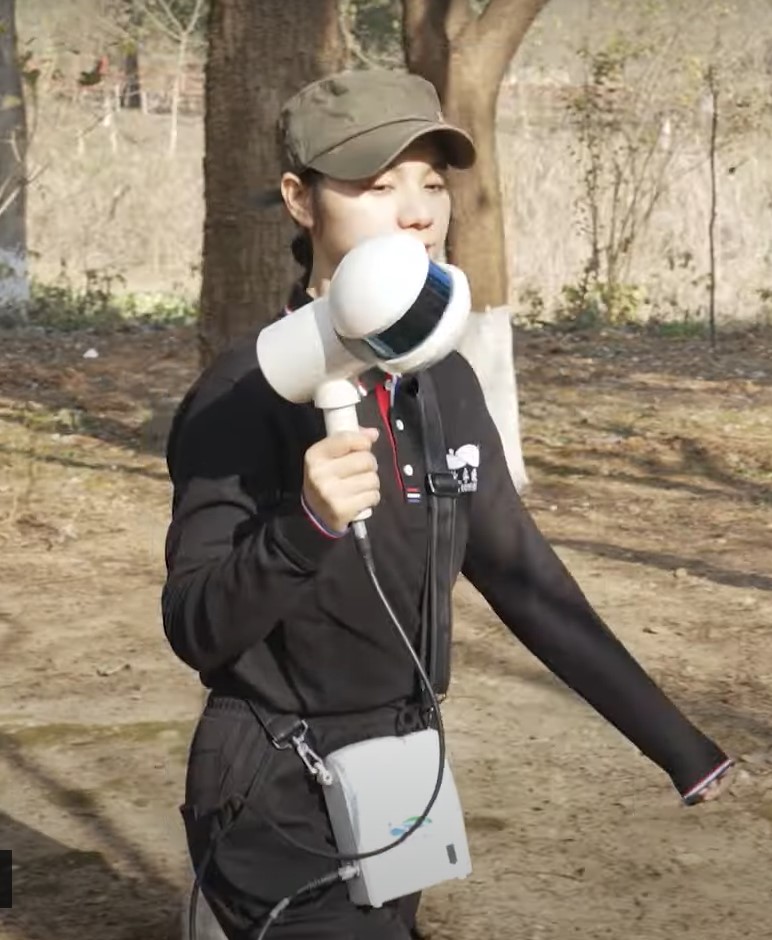
LiBackPack DGC50- Backpack SLAM LiDAR Scanner
Backpack & Vehicle Mounted Application

Weight (incl. camera): 8.6 kg
Relative Accuracy: 3cm
Absolute Accuracy: 5-10cm
Power Consumption: 50W
LiDAR Sensors: 2
Num of Channels: 16 channels
Scan Range: 100m@20%reflectance
FOV (degree): Vertical(-90~90) Horizontal 360
Scan Rate (single return): 600,000 p/sec
GNSS Module
Channels:
- GPS: L1 C/A, L1C,
L2C, L2P, L5. - GLONASS: L1, C/A,
L2C, L2P, L3, L5 - BEIDOU: B1. B2
Accuracy: 1cm+1ppm
Camera
- Resolution: 3840*1920
- Frame Rate: 30
- FOV (degree): 360
- Pixel: 18 M
Overview
GVI Libackpack DGC50 is a backpack SLAM lidar system with the function of collecting high-precision geographic coordinate information point cloud and panoramic image.
With the help of GPS positioning information, combined with lidar and Simultaneous Localization And Mapping (SLAM) technology, the LiBackpack DGC50 backpack lidar scanning system can obtain laser point clouds and panoramic image data with high-precision geographic coordinate information, even in In GPS denied areas.
In addition to the BIM field, the equipment has also been widely used in indoor and outdoor integrated measurement, underground space information acquisition, tunnel engineering, digital factories, digital mines, and forestry resource censuses.
Learn more about its applications in BIM applications.
Case Studies
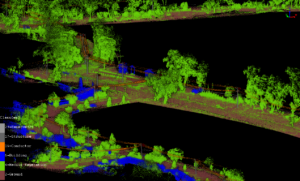
How did mobile LiDAR scanning speed up and improve the powerline 3D model creation and encrochment assessment?
What is mobile LiDAR Scanning system? A mobile lidar scanning system is a technique that captures highly comprehensive and precise 3D data of the surroundings
LiMobile - Vehicle-Mounted SLAM LiDAR Scanner
Weight (incl. camera):4.7 kg
Relative Accuracy: ±3cm
LiDAR Sensors: 1
Num of Channels: 32 channels
Scan Range: 100m@20%reflectance
FOV (degree): Vertical(-15~15) Horizontal 360
Scan Rate (single return): 300,000 p/sec
Data Output:
Relative Accuracy: ≤3cm[2]
Absolute Accuracy: ≤15cm[2]
Point Cloud Data Format: las, laz, ply, LiData
GNSS Specifications
Satellite Tracking
GPS: L1 C/A, L1C, L2C, L2P, L5
GLONASS: L1 C/A, L2C, L2P, L3,L5
BeiDou: B1,B2
Positioning Accuracy: 1 cm + 1 ppm
Camera
- Resolution: 3840*1920
- Frame Rate: 6
- FOV (degree): 360
- Pixel: 8.9 M
Overview
LiMobile Standard is one of the products in the LiMobile product line, which is designed to be mounted on SUVs at 45 degrees tilted angle. It can be used to acquire high-quality ground and terrain data on both sides of the road as it is equipped with a high-resolution camera. The integrated vehicle mounting system is highly adaptive to various SUV models. A variety of connection ports are reserved for optional modules, such as panoramic cameras, encoders, horizontal lasers, and many others in order to provide a complete mobile surveying solution
Overview
Boasting an integrated Velodyne VLP-16 puck LiDAR sensor and HD camera, LiGrip is a 3D LiDAR mapping system for many industry-specific projects. Multi-platform support, combining LiDAR and cutting-edge SLAM algorithms to achieve highly accurate 3D mapping in even the most challenging environments.
Overview
LiPod by GreenValley International makes terrestrial 3D SLAM laser scanner (TLS) easier and more affordable than ever before. Its compact and lightweight design makes this high accuracy LiDAR surveying solution easy to transport and operate. LiPod allows users to quickly survey large interior and exterior sites without the need for inserting registration targets.
LiDAR Point Cloud Processing, Visualization, and Optimization Software for SLAM LiDAR Scanners - LiFuser
LiFuser-BP is designed to process, visualize, edit, and refine data collected with GreenValley International’s 3D SLAM LiDAR Scanners. This user-friendly software contains tools for performing differential GNSS data corrections, optimizing SLAM-based point cloud assembly routines, fusing 2D panoramic imagery and 3D LiDAR data sets, as well as function that clean and align (georeferenced) point clouds. LiFuser-BP ensures that LiBackpack post-data collection workflows can be carried out with ease and efficiency.
1. Rapid SLAM Data Post-Processing and Reporting
— Built-in differential GNSS (e.g. GPS) data processing module generates accurately georeferenced trajectory data without any third-party software required.
— GNSS trajectory quality reporting & editing tools allow users to eliminate trajectory segments of low accuracy and reduce the negative impact of blocked
satellite signals.
— 3D SLAM-based point cloud assembly routines can be optimized to point cloud outputs of the highest accuracy and precision.
— Advanced tightly-coupled SLAM algorithm available for generating highquality point clouds from LiDAR data collected in GNSS-denial environments (e.g. inside buildings, below ground, or under dense forest canopies). Users can select Scanning Environment Modes, such as Forestry, Outdoor, and Indoor etc., to quickly & conveniently configure complicated parameters.
— Point cloud colorization tools can be used to process image data collected from LiBackpack models with integrated panoramic camera designs.
— Batch processing functionalities allow users to load and configure multiple projects before processing them all at once
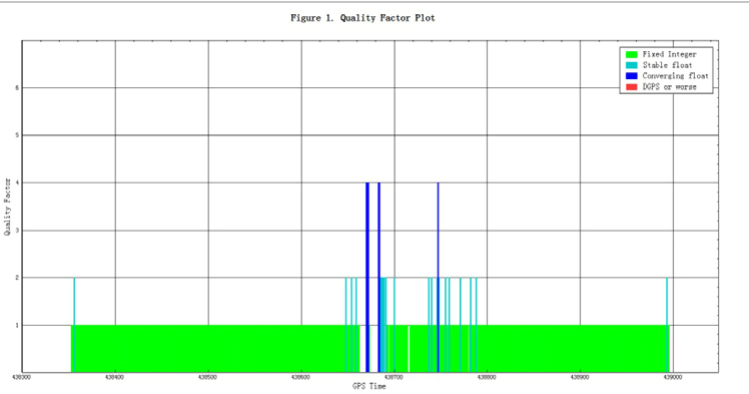
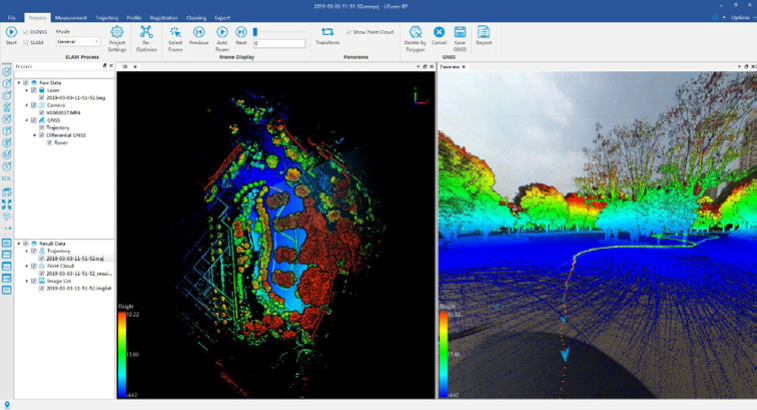
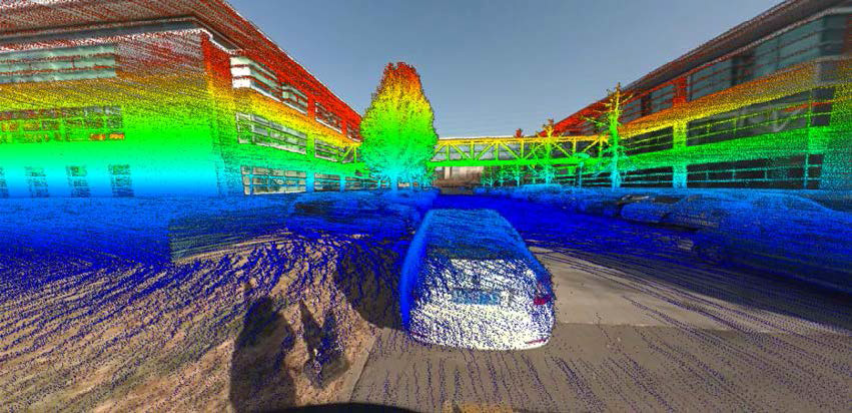
2. Immersive Data Visualization & Roaming
— Display Trajectory, 3D point cloud and 2D panoramic image data simultaneously. An immersive panoramic roaming mode allows for first-person viewing of LiDAR data and imagery.
— Render LiDAR point clouds by height, color (RGB), intensity, as well as other attributes specific to the data set being viewed (e.g. trajectory segment or collection time).
3. Precise Point Cloud & Image Measurement
— User-friendly tools are available in LiFuser-BP for measuring3D point clouds and depth mapped imagery. Geometric attributemeasurement tools for finding lengths, areas, angles, heights, and volumes are included.
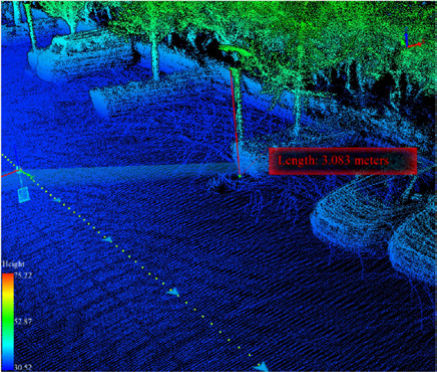
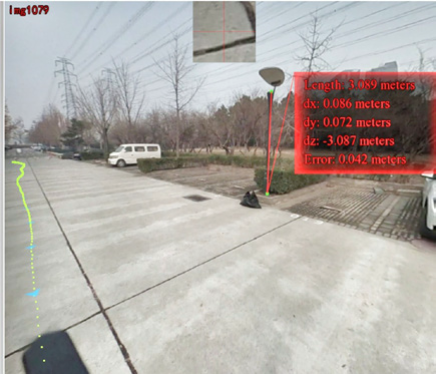
4.Transform and Align Point Clouds
— Easily align partially or fully overlapping point clouds generated by SLAM LiDAR Scanners using manual point and registrate target sphere picking tools.
— Interactive tools for manually translating and rotating point clouds into alignment with a reference dataset.
— Fine-tune point cloud alignments using the powerful Iterative Closest Point (ICP) matching feature.
— Load and save manually and/or automatically generated 3D transformation matrix paramater values.
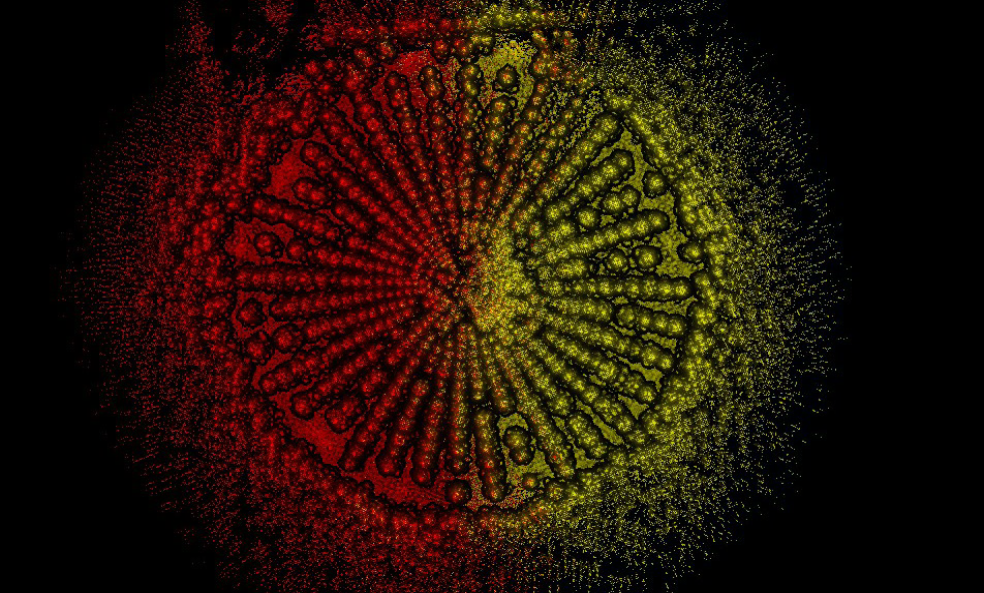
5. Convenient Data Editing & Cleaning
— Automatically remove (clean) non-target objects (e.g. people, foot and vehicle traffic, etc.) from selected point cloud regions.
— Cut vertical profiles from point clouds and isolate (clip) out specific regions of interest.
— Clip point cloud data with user-selected trajectory (path-of-travel) segments.
